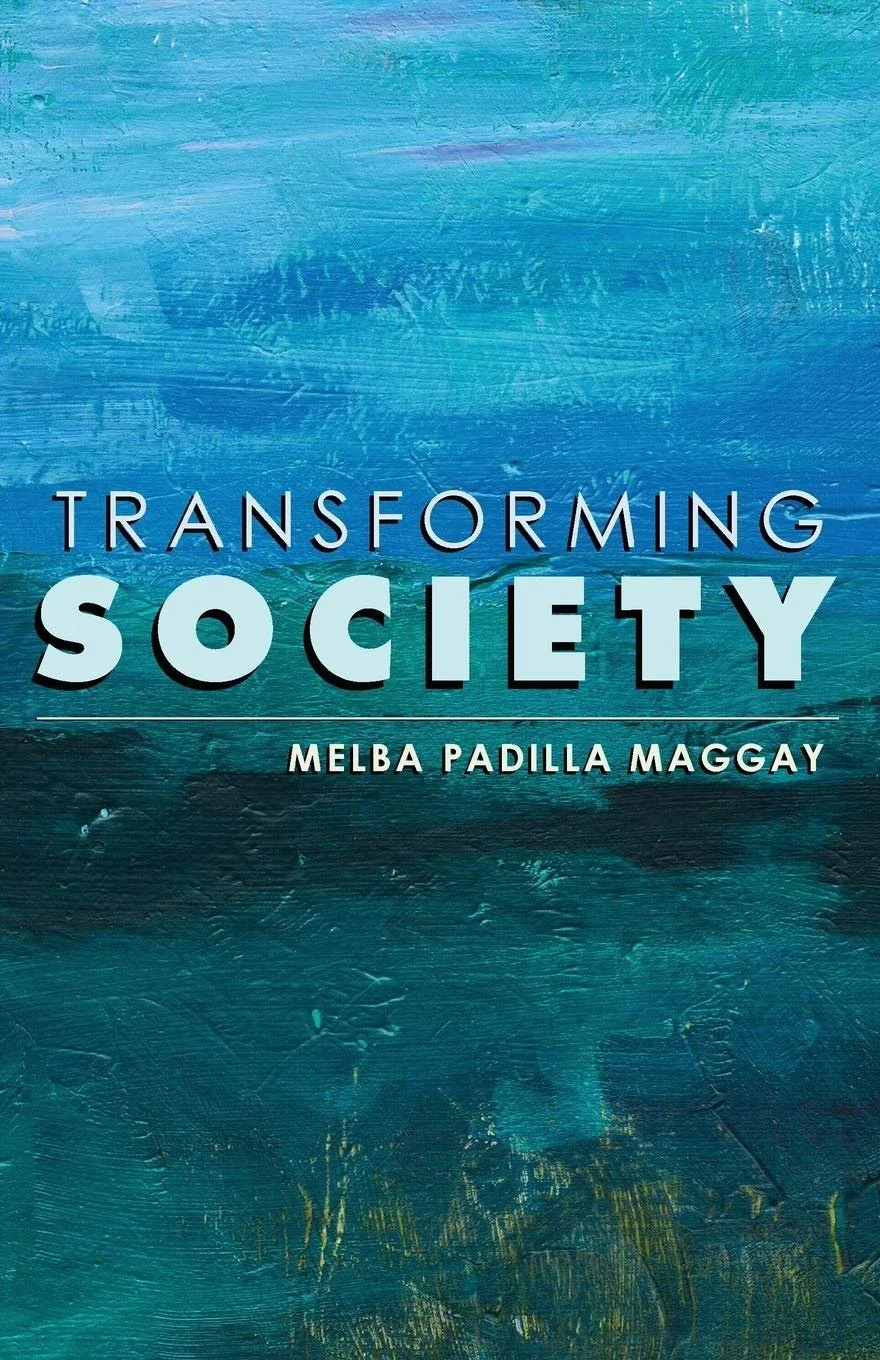Beyond a Privatized Faith
In Monday’s review of Good News to the Poor: Social Involvement and the Gospel, I described a bit of what Tim Chester has in mind when he talks about a kind of social action that is distinctly evangelical.
Clearly, at the center of this is the proclamation and demonstration of the gospel of the Kingdom, which is wonderfully and irrefutably good news to the poor. But the way in which this good news is at the center of evangelical social action is important to consider. As Chester notes, there are some evangelicals who believe that evangelism is the best—maybe the only—way to truly transform a society. I can understand the sentiment, but I also find it problematic.
Dr. Melba Maggay, a writer and social anthropologist from the Philippines who founded the Institute for Studies in Asian Church and Culture, writes in Transforming Society (quoted by Chester), “Experience shows that having more Christians does not necessarily ensure a just society.” In other words, it’s too simplistic to say the relationship between evangelism and societal transformation is automatically a causal one. From Rwanda to Guatemala to the United States, the evidence bears this out.
In her view, there are two reasons for this. First, Christians don’t always connect the dots between the gospel and its “far-reaching social implications.” This is sometimes a matter of disobedience, but is often unconscious. Second, society is simply too complex to be radically transformed by the sheer determination of individuals (in most cases, I should add), as James Davison Hunter has similarly argued in his much-discussed book To Change The World. Maggay goes on to say:
To speak of Jesus as Lord is to demand subjection of personal and social life under his kingly rule. To call for repentance is to ask people to turn away, not simply from their individual vices, but from participation in the collective guilt of organized injustice. To invite people to come in faith is to challenge them to walk in trusting obedience, to know God in the agony of commitment and concrete engagement in the life of the world.
Accepting Jesus as one’s “personal Lord and Savior” may be a good place to start. But Jesus is Lord over all creation, and Christian discipleship entails submitting to his Lordship in all areas of life, including politics and economics as well as personal holiness and family life.
To be a disciple, after all, is to endeavor—by God’s grace and through the strength he provides—to obey everything Jesus commanded. And a great many of those commandments can’t be obeyed in a prayer closet.
